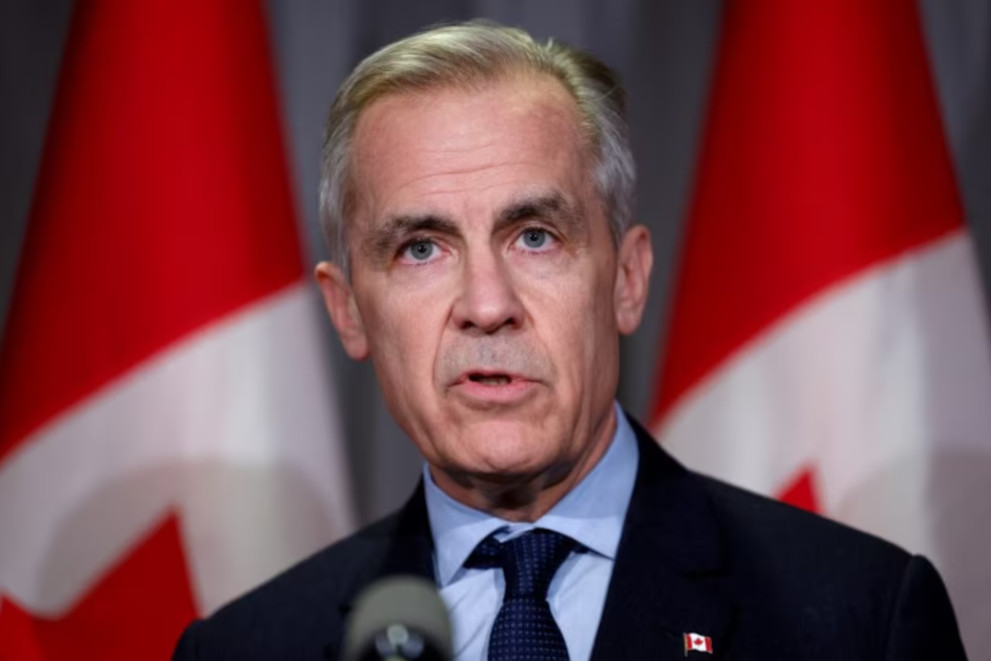In light of the recent announcement by U.S. President Donald Trump regarding new tariffs on imported vehicles, Canadian Prime Minister Mark Carney has indicated that Canada is poised to respond decisively. The Prime Minister characterized Trump’s tariffs as “a direct attack” on Canada, necessitating a strong and coordinated response to safeguard the interests of Canadian workers, businesses, and the economy at large.
In a statement made in Kitchener, Ontario, Carney emphasized Canada’s commitment to defending its national interests. “We will defend our workers, we will defend our companies, we will defend our country, and we will defend it together,” he affirmed. This declaration highlights the high stakes involved, particularly for the Canadian auto industry, which is intricately linked to its U.S. counterpart.
The imposition of tariffs threatens to disrupt the highly integrated North American auto sector, prompting Canada to prepare a series of retaliatory measures amounting to C$155 billion. Portending a staged response contingent on Trump’s actions, Carney reassured the public that Canada is ready to implement options, including the introduction of retaliatory tariffs. However, specific details regarding the nature and extent of these measures remain undisclosed at this time.
Carney has also suggested exploring non-tariff measures, such as imposing export duties on key commodities sent to the United States. This broadened strategy underscores Canada’s proactive stance in addressing any adverse effects of the tariffs while maintaining dialogue with U.S. leadership. Notably, he expressed the importance of speaking with President Trump, marking the necessity for diplomatic engagement since the two leaders have not conversed since Carney’s inauguration.
Further reinforcing the government’s resolve, Ontario Premier Doug Ford articulated a commitment to minimize adverse impacts on Canadian citizens while maximizing pressure on the U.S. “We’re going to make sure that we inflict as much pain as possible to the American people without inflicting pain on the Canadian population,” Ford declared, signaling a strategic approach to the unfolding trade tensions.
In conclusion, Canada’s forthcoming response to the U.S. tariffs will be a pivotal moment in its trade relations with the United States. As the Canadian government strategizes a unified response, the focus remains on defending national interests while fostering cooperative dialogue. The resilience and determination of Canada’s leadership reflect a commitment to standing firm against unilateral trade measures that threaten the foundation of transnational economic cooperation.

